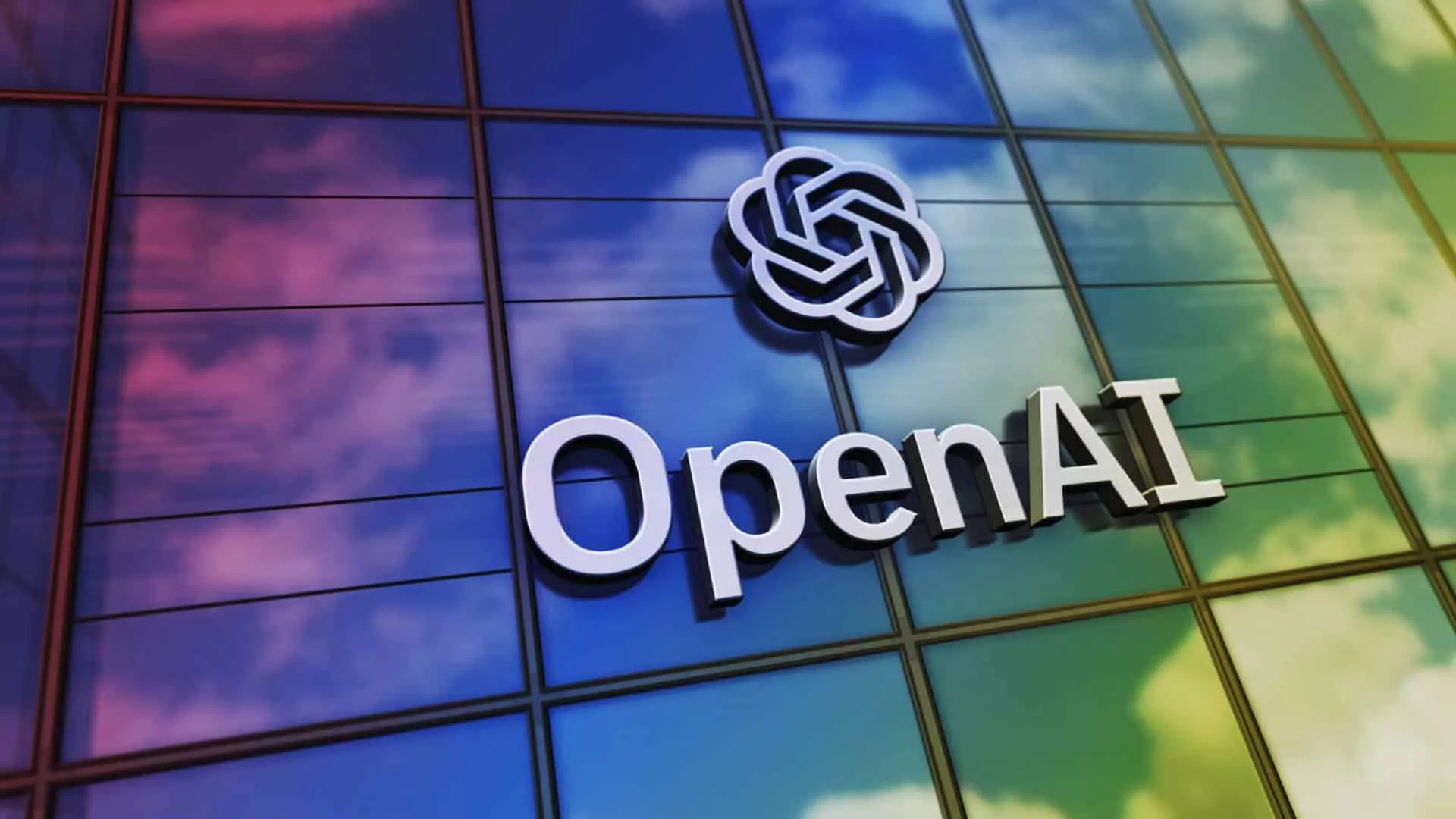On November 30, 2022, OpenAI released the first version of ChatGPT, marking the start of what would soon become a revolutionary chapter in artificial intelligence.
Initially launched as a test for OpenAI's models, ChatGPT rapidly became a global sensation, widely recognized as one of the leading innovations in generative AI (genAI).
By 2024, OpenAI launched several new versions, including GPT-4, which boosted performance across text, voice, and vision, and o1, a model series designed to reason through complex tasks in coding, science, and math.

More recently, OpenAI introduced SearchGPT, a browser extension that bypasses traditional search engines and delivers "fast, timely answers" by directly referencing web sources.
OpenAI's Next 'Giant Breakthrough'
In a recent Reddit Ask Me Anything (AMA), OpenAI's founder Sam Altman and his team gave a sneak peek into their plans for the future.

Reuters
Kevin Weil, OpenAI's chief product officer, revealed that one of the company's key goals for 2025 is to focus on whether ChatGPT can perform tasks independently. However, the company has also faced challenges, including the resignation of co-founder Ilya Sutskever, the disbandment of their superintelligence research team, and several lawsuits from U.S. news companies over alleged copyright violations.
So, what’s next for ChatGPT as it enters its third year?
According to Altman, OpenAI’s next major milestone might involve transforming ChatGPT into an autonomous agent—something that rivals like Google Cloud’s Vertex AI and Microsoft are already experimenting with. Reports suggest that Google’s Gemini update, also known as Project Jarvis, could feature autonomous agents as well.

Kate Devlin, Professor of Artificial Intelligence & Society at King’s College London, noted mixed reactions to the rise of AI agents launched by competitors. “Some people are really positive about this and see it as being a complete game changer because it allows a lot more of a personal assistant type situation where you can outsource a lot of your tasks to the AI,” she explained. “There are some people who are wary of that and don’t like the idea of that much input or control being given to the model.”
AI agents, or agentic AI, are being developed to allow companies to design large language models (LLMs) that automate complex workplace tasks, a feature already being explored by companies like Google, LinkedIn, and Microsoft. Devlin acknowledged the shift but also highlighted the growing concerns about over-reliance on AI models.
ChatGPT's Next Model: What We Know So Far
Predictions suggest that OpenAI might release a new model before the year’s end. In the October Reddit AMA, Altman confirmed that "very good releases" are coming but added that none of them will be called ChatGPT-5. Instead, OpenAI’s focus will be on refining other models like GPT-4 and o1, which were released this year.
Reports from The Verge indicate that a model named Orion, seen as the successor to GPT-4 and o1, could launch in December for select companies working closely with OpenAI. Tadao Nagasaki, CEO of OpenAI Japan, teased in September that a future ChatGPT model could be "100 times more powerful" than GPT-4, according to local media reports.

Reuters
Should OpenAI Consider Specializing or Scaling Down?
As OpenAI plans its future trajectory, there are mounting concerns about the industry's growing demands for resources. Devlin emphasized the increasing need for compute power, energy, and data. "AI companies need more compute, they need more energy, they need more data," she said. “So, just how much can they do with the limitations on those things?”
One possible path forward for OpenAI could be to scale down and focus on smaller, more specialized LLMs. These would require less computational power and could be tailored for specific domains, such as healthcare or law. Devlin suggested that, rather than continuously scaling up, it might be time to pause and evaluate the risks associated with larger models. "Instead of just scaling up and up and up, it's time to reflect on what we’ve got so far because there are definite benefits… but we know there are risks and maybe we should take some time to evaluate those risks," she said.
Reports also suggest that AI agents could play a role in OpenAI’s future Orion model. Other updates to keep an eye on include Sora, OpenAI’s text-to-video AI model, which is still being refined.

While the release of the next version of DALL-E, OpenAI’s image-generating software, has no set timeline, Altman has promised it will be "worth the wait."
Abdul Sadka, Director of the Sir Peter Rigby Digital Futures Institute at Aston University, also weighed in on the future of ChatGPT. He advised OpenAI to keep the model "generic" so it could be customized by different industries or companies.
However, Sadka did see potential in expanding ChatGPT's capabilities, like the ability to analyze medical images and provide diagnostic insights. He also suggested that companies using ChatGPT could create external knowledge bases to help reduce the likelihood of "hallucinations"—the term for when AI gives imprecise or incorrect responses.









COMMENTS
Comments are moderated and generally will be posted if they are on-topic and not abusive.
For more information, please see our Comments FAQ